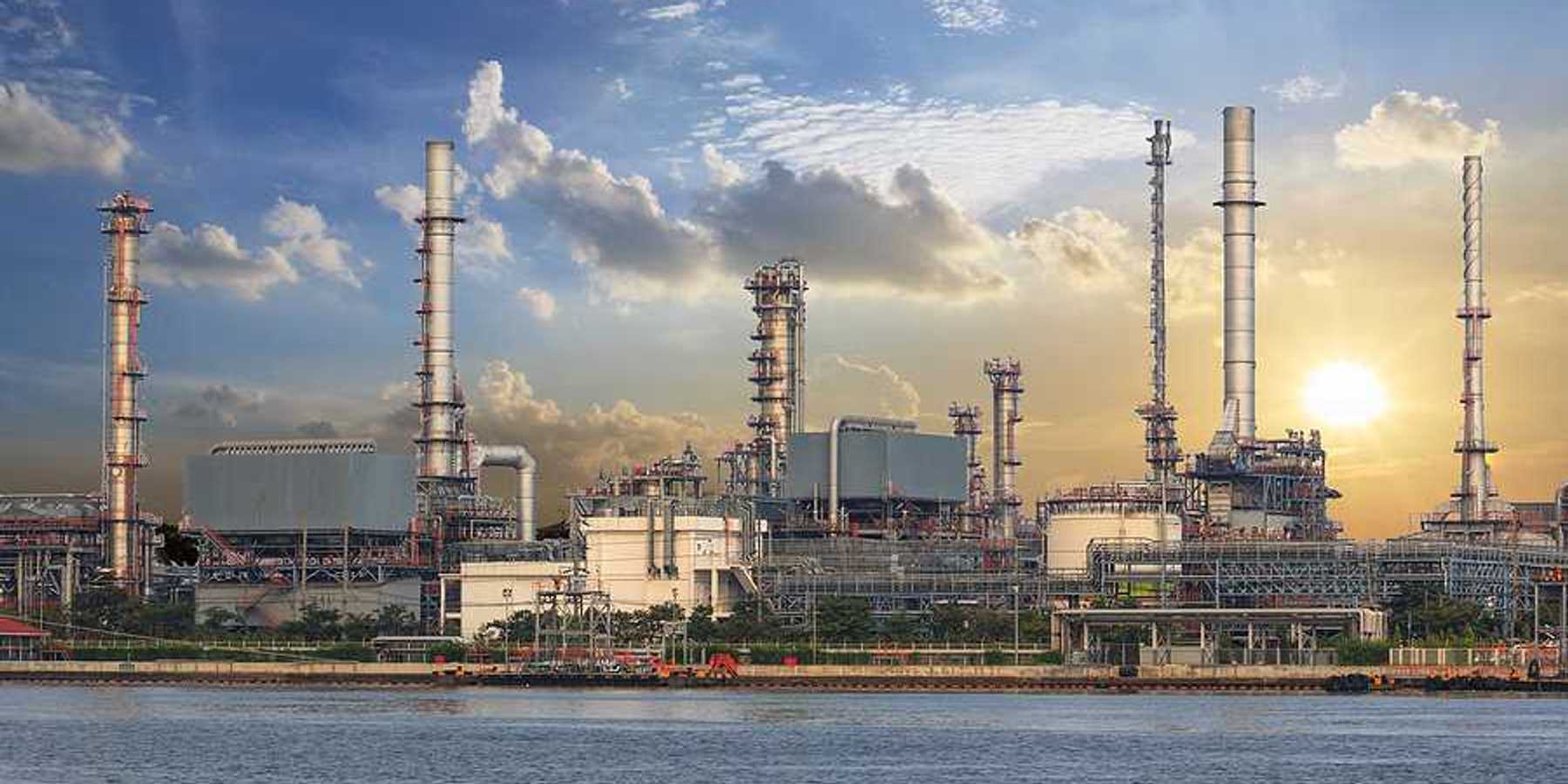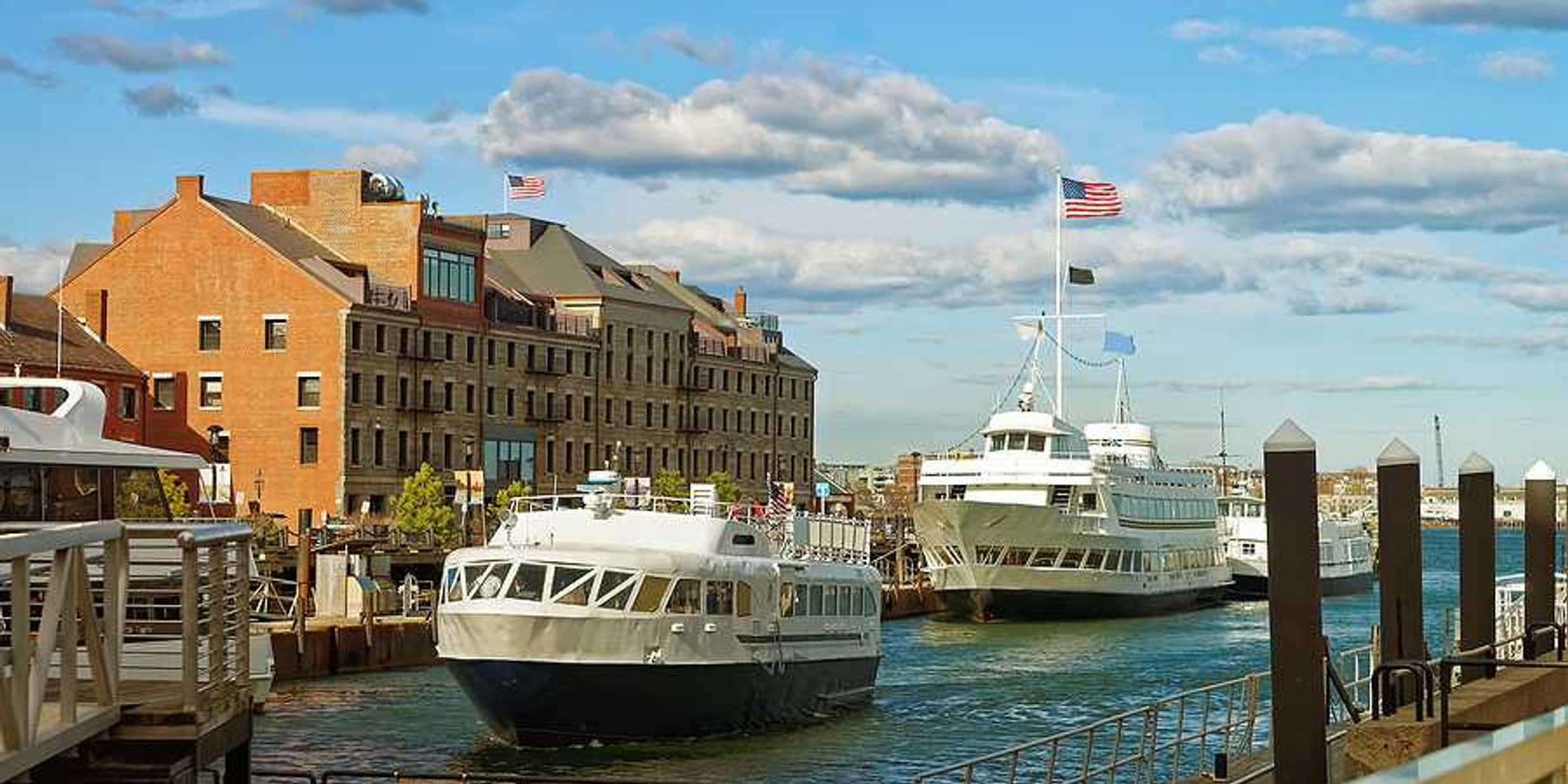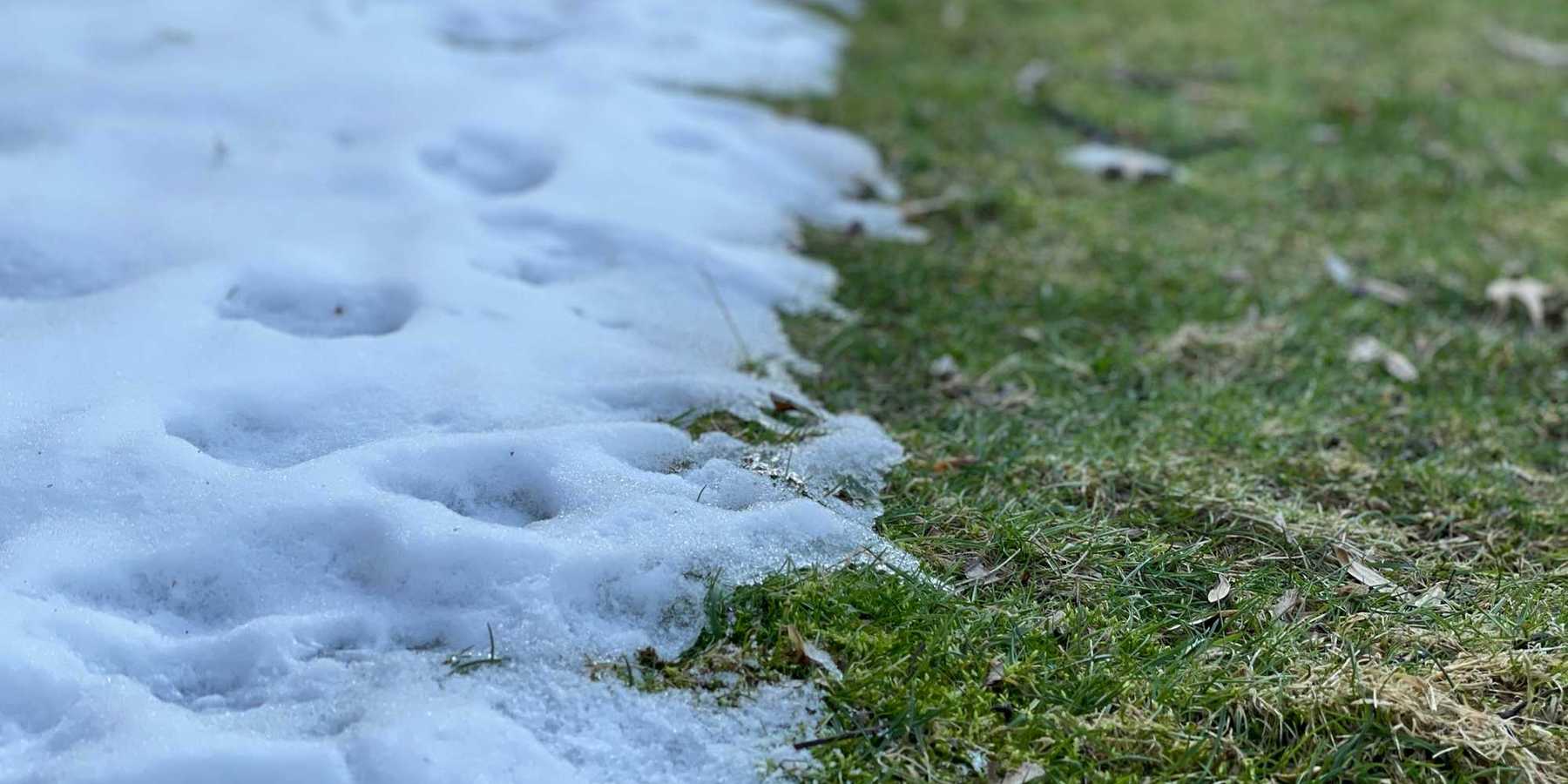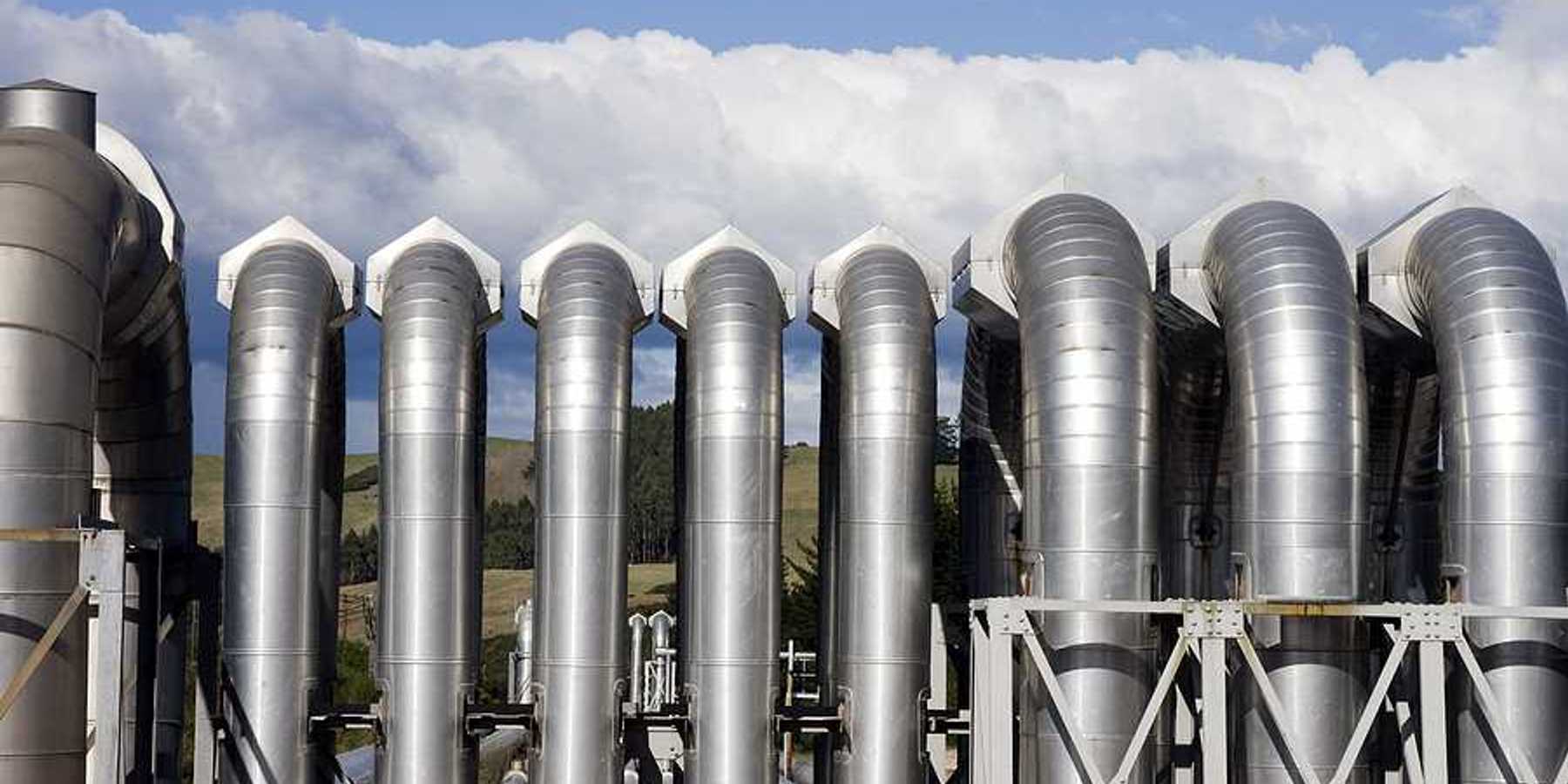A grid collapse would make a heat wave far deadlier
In a nutshell:
Heat kills an estimated 12,000 people each year in the U.S. alone. Thus far the stability of a sometimes-strained U.S. power grid has saved most of the population during extreme heat events but some emergency planners are scrambling to prepare for the unthinkable and adopt a heat action plan that can adapt to an uncertain future and an overburdened power grid.
Key quote:
“There are specific things you can do in advance of a heat wave to prepare, and then there are things you do that are all-hazards preparedness, which make you more resilient,” says Jeremy Hess, a professor of emergency medicine at the University of Washington who researches the impact of climate change on health care. “Because when things fail, they often don’t fail in quite the ways you expect.”
Big picture:
A disproportionate share of heat-related illness and death falls on disadvantaged people. Low-income neighborhoods with diminished tree canopies and a higher percentage of homes and apartments with little or no air conditioning are the first to suffer, while those able to stay cool can better manage. Emergency planners are coming to grips what it would mean to have a grid failure during extreme heat. Grid operators voice confidence with operations and the business of keeping the AC on as long as there is no physical damage. But energy infrastructure damage — say from wildfire, extreme storms, floods and the like, could shut things down for multiple days.
Read the story here at Wired Magazine.













